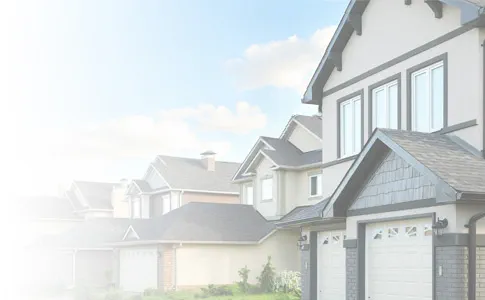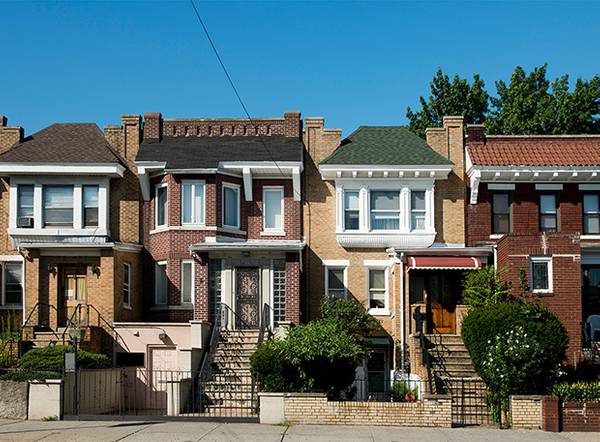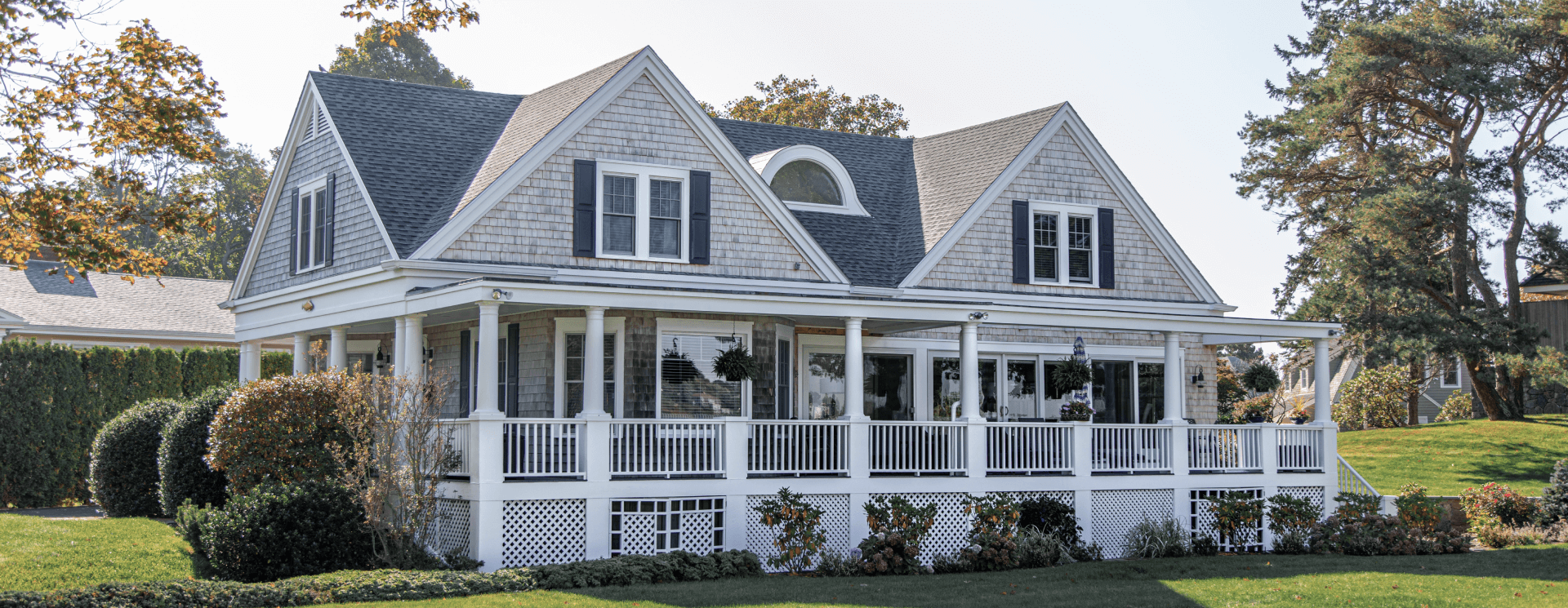
What is a Down Payment?
A down payment is a sum of money that a home buyer pays upfront out of their own funds, not from the mortgage proceeds.
The down payment is generally referred to as a percentage of the full purchase price of the home. In other words, if home buyers put $50,000 down on a $500,000 home, they are making a 10% down payment. Down payments typically run from 3% to 20% of the total sales price of a home.
The size of a down payment has important impacts on a buyer’s mortgage and total home purchase costs. Larger down payments reduce the size of mortgage required and the total amount of interest the homeowner will pay. Also, the larger a borrower’s down payment, the better interest rates they are likely to get from a lender and the less they will pay in mortgage insurance.
First Time Home Buyers and Down Payments
Amassing a sizeable down payment can be a bigger impediment to home ownership for first-time buyers than paying the monthly mortgage costs. It’s important to understand that, although putting down a larger down payment may save money over time, waiting to save up a large sum also may be unnecessary and even costly. Why? Higher home prices and/or higher interest rates in the future can erase the financial advantages of a larger down payment.
It also isn’t smart for home buyers to use all their savings for larger down payment, especially if they have to deplete emergency funds or if they are carrying high-interest debt such as credit cards that should be paid down first.
It’s important for all home buyers, but especially first-time home buyers, to consider the amount of down payment that is comfortable for them.
What is the Minimum Down Payment for a House?
First-time home buyers often want to know the minimum down payment on a house. That actually depends on multiple factors — the type of mortgage, property, location, and buyers’ personal financial situation. Minimum down payments range from zero to 20 percent for most types of mortgages.
Home buyers often mistakenly believe they must have 20% for a down payment. This is simply the amount necessary to qualify for one type of loan, a conventional mortgage, without buying private mortgage insurance (PMI). First time home buyers and other home buyers who need to reduce their upfront costs should know that there are several other options.
Low- or No-Down Payment Options
While these options aren’t necessarily exclusive to first time home buyers, they can be particularly beneficial to those who do not have equity in a current home to apply to a down payment.
Traditional 20%
The traditional 20% down payment model is based on conventional (non-government-backed) fixed and adjustable rate mortgages. The main difference between fixed-rate and adjustable-rate loans is the way the interest rate is structured:
- Fixed-rate Mortgage — the interest rate and total principal-and-interest payment remain constant throughout the life of the loan
- Adjustable-rate Mortgage —after an initial period of fixed interest, the interest rate and monthly payment adjust higher or lower at specific intervals
These are the two most common types of mortgages and each has its own features and benefits. Borrowers who apply for either type must have a 20% down payment or pay for private mortgage insurance. This insurance protects the lender in the event of default. Although people often try to avoid purchasing PMI, this insurance only costs between 0.5% and 1% of the mortgage annually. Also, it can be removed once a borrower pays down enough of the mortgage’s principal to be equivalent to a 20% down payment. With PMI, conventional bank loans may be approved with down payments as low as 5%.
FHA Loans
FHA loans are a popular option for first time home buyers. FHA 30-year fixed-rate loans are insured by the Federal Housing Administration and underwritten by local lenders like Bethpage. The FHA has its own set of standards for the loans it insures. Compared to a traditional mortgage, these loans offer:
- Less restrictive credit score requirements
- Low closing costs
- Minimum down payments as low as 3.5%
The lowest FHA down payments are generally available for borrowers with credit scores of 580 or higher.
Low Down Payment Options (3% Down)
Fannie Mae’s Conventional 97 program allows home buyers to purchase a primary residence with just 3% down. The program is named for the 97% remaining balance on these fixed-rate loans. This program requires at least one buyer to have not owned a home in the last three years, which makes it perfect for first-time homeowners. Interest rates are only slightly higher than for borrowers who are putting 5-10% down.
These loans do require PMI, but it is cancellable when the loan balance has been paid down to no more than 78% of the loan’s value. Borrowers need a credit score of around 620 or higher to qualify.
Piggyback/Blended Mortgages
Piggyback loans are good for buyers with above-average credit scores who haven’t had time to accumulate enough cash for a 20% down payment. These are actually two separate loans on the same house — a first and secondary mortgage. Typically the home buyer will provide a 10% down payment, the first mortgage will cover 80% of the home’s value and the second loan will cover the remaining 10%.
Piggyback mortgages enable borrowers to avoid private mortgage insurance. However, they can end up being more expensive. There are closing costs to be paid on both loans, and the second mortgage loan is likely to carry a higher interest rate than the first. In addition, homeowners who want to refinance in the future may find that they must pay off the secondary loan in its entirety before they can qualify for a new primary loan.
How Much Home Can I Afford?
All of these loan options look at borrowers’ credit scores to determine eligibility. One of the first things you need to do in preparing to purchase a home is discover your personal credit score and see where it fits in the spectrum of options.
Once you understand the loan options that can work for you, the next step is to find out how much home you can truly afford. To get an accurate estimate determined by a mortgage expert, apply for mortgage pre-qualification through Bethpage.
Buy Your Home with Bethpage at Your Side
When you’re ready to buy, Bethpage is ready to help you through the process. We have experts to answer your difficult questions and advise you on all the mortgage choices you’ll need to make, including the type of loan that will work best for you.
At Bethpage, we are dedicated to the financial well-being of our members. We’ll keep you informed throughout the loan process so you feel comfortable every step of the way, especially if this is your first time buying a home. It’s a major step; take it with people you can rely on by your side.
- Categories:


